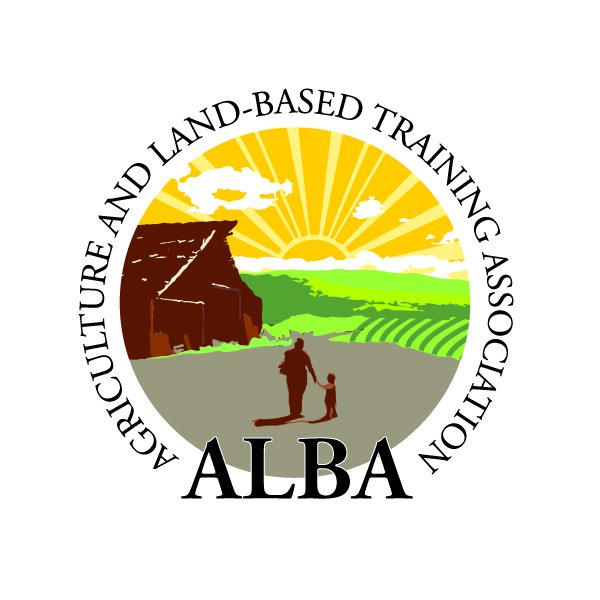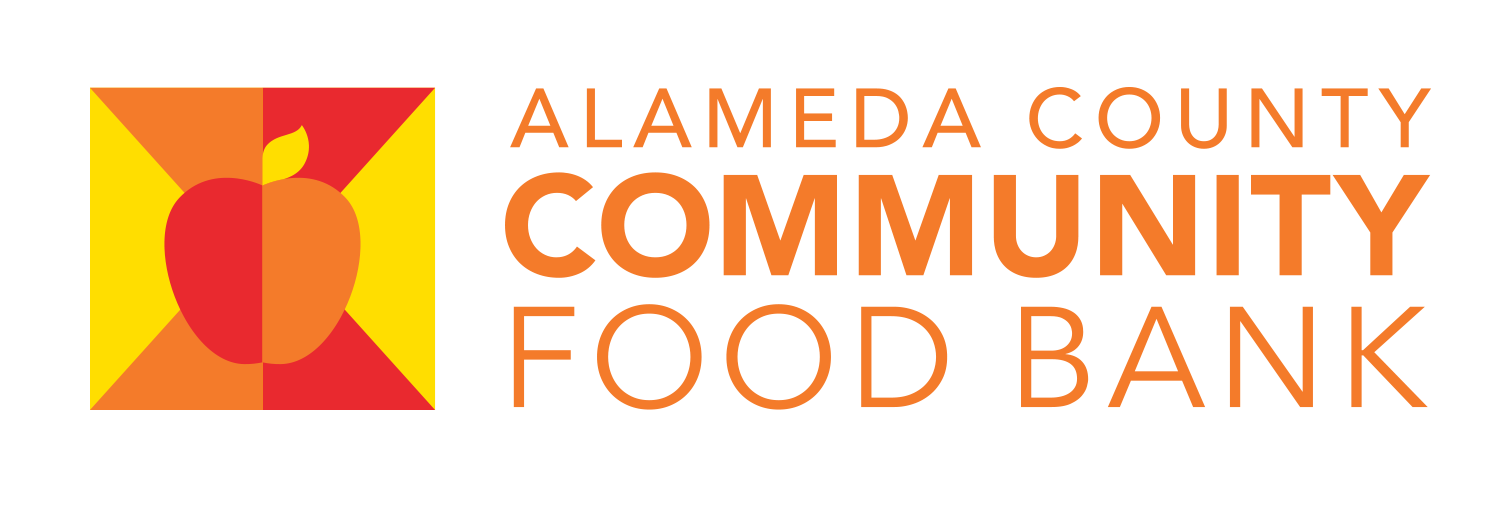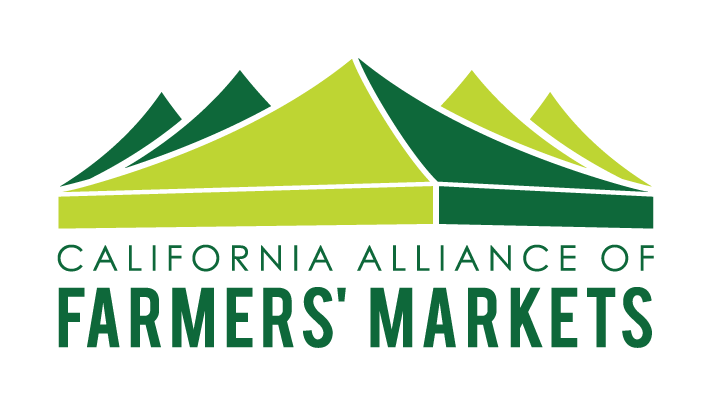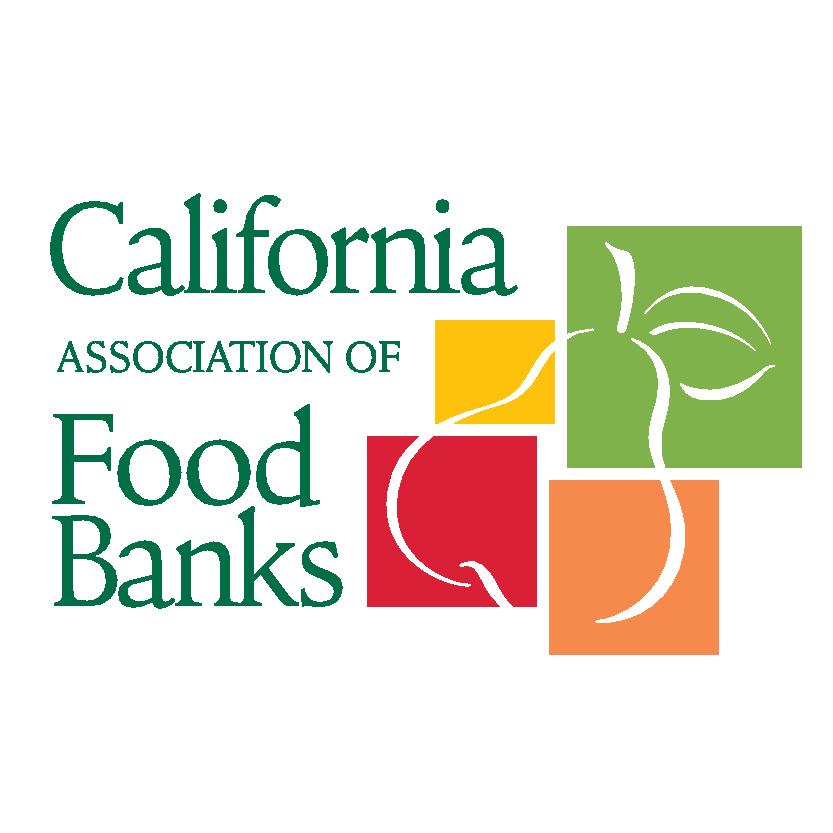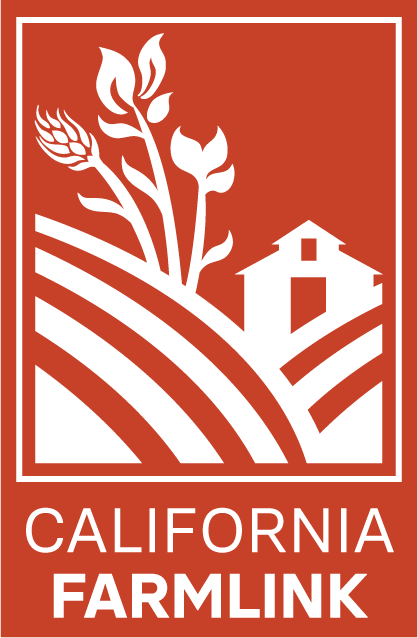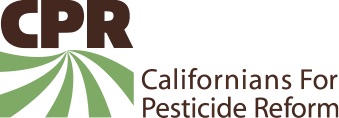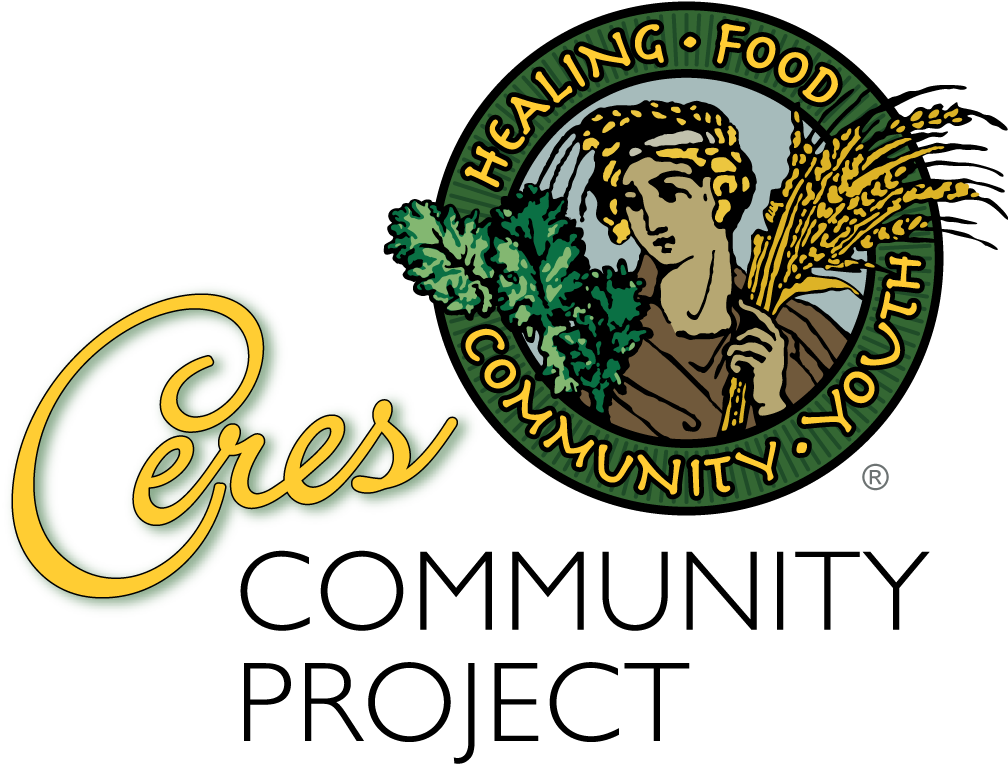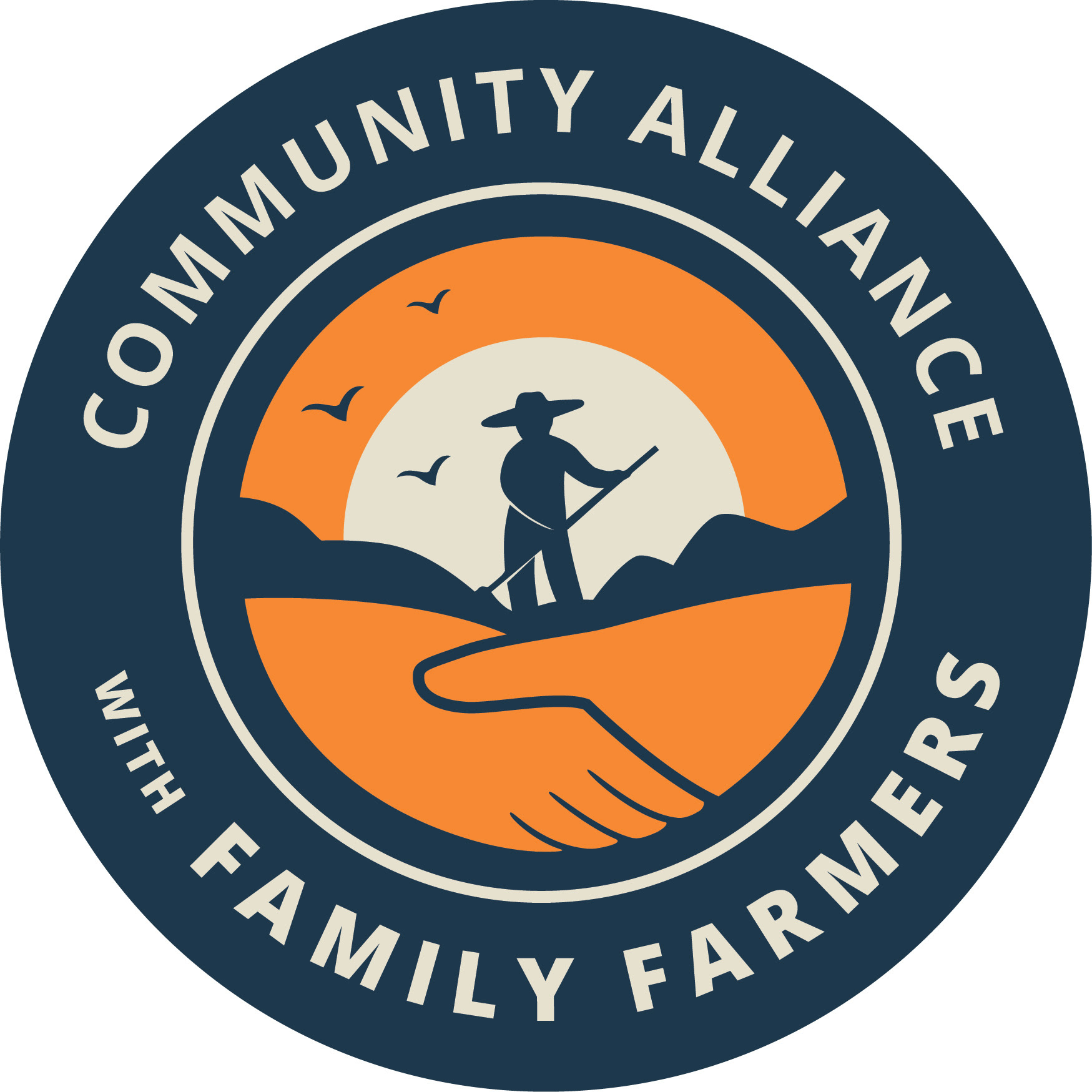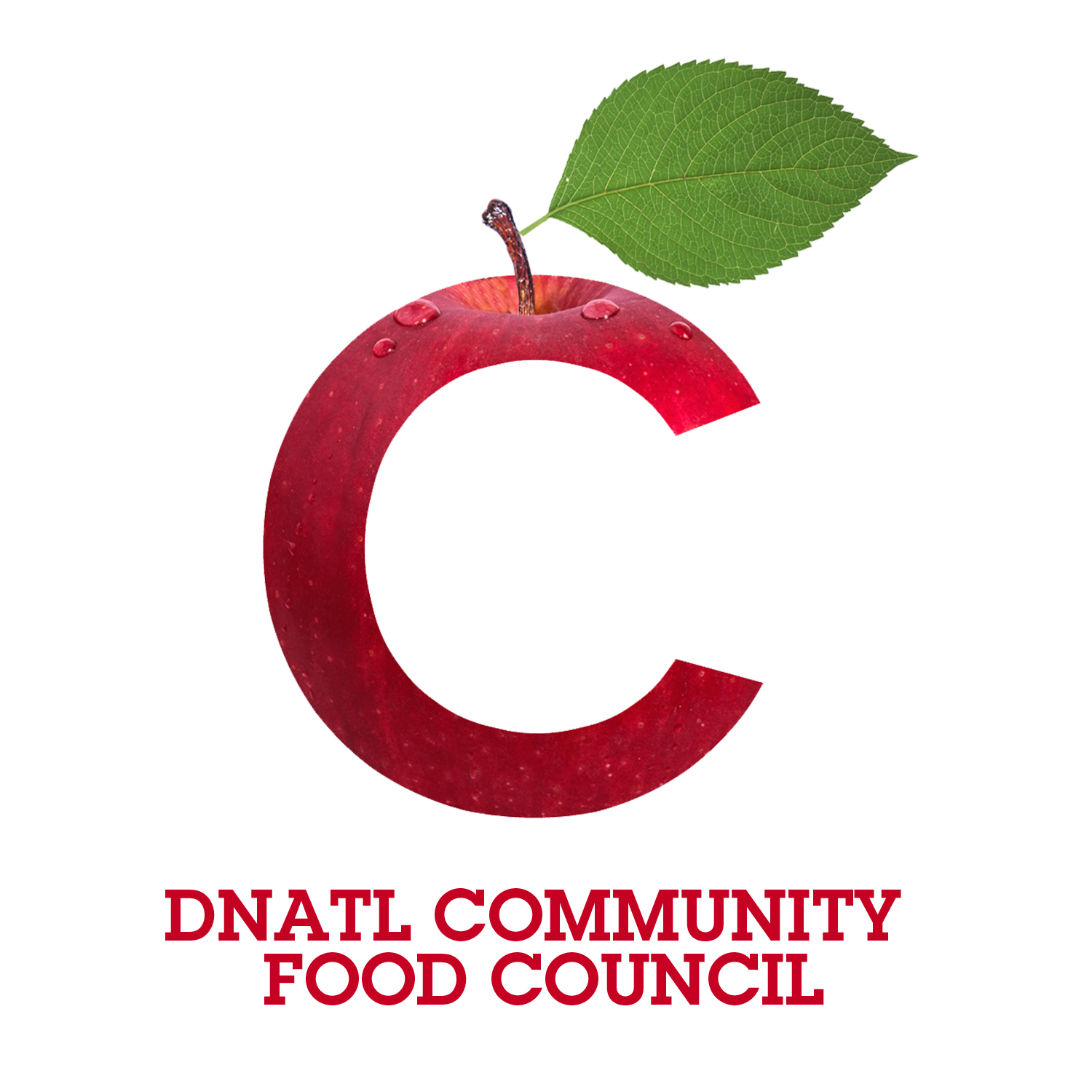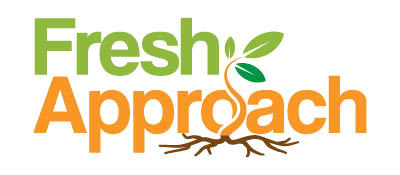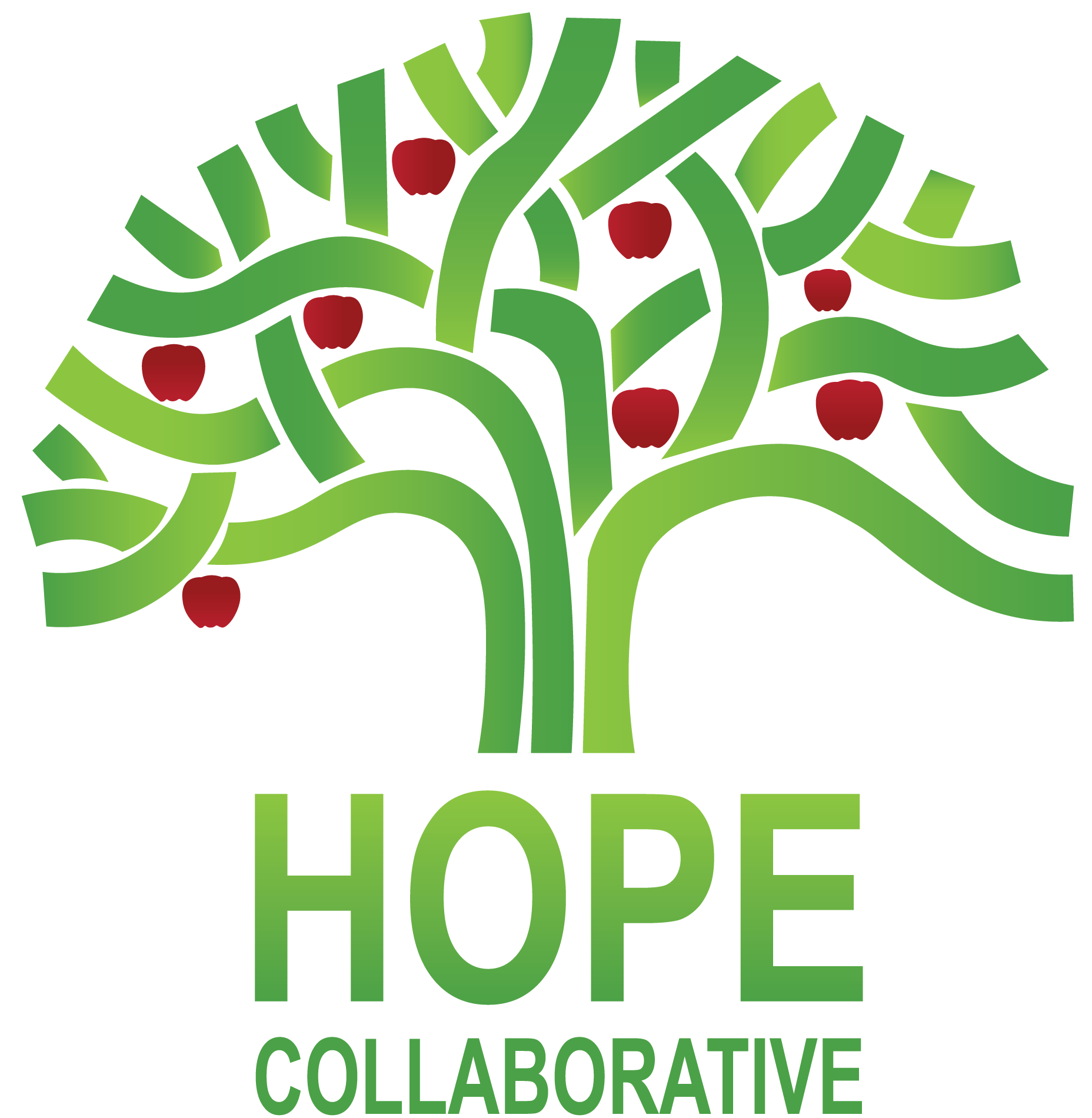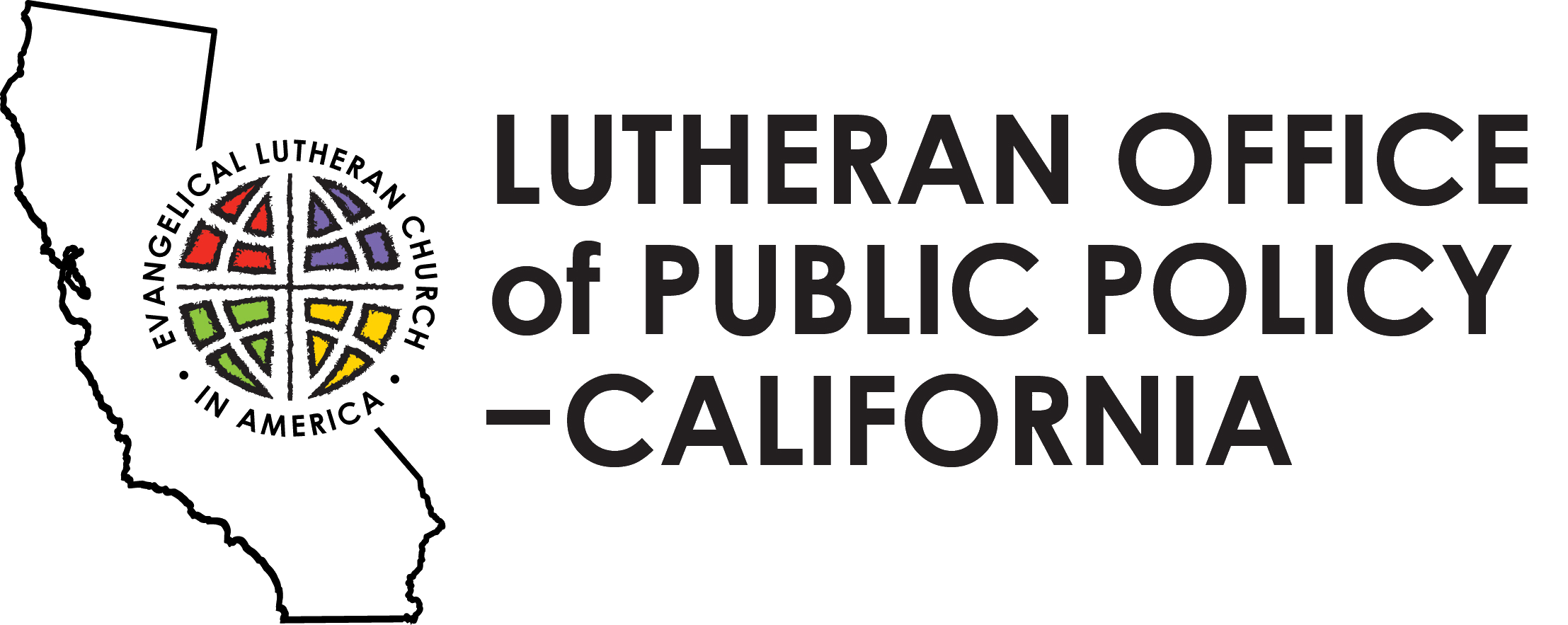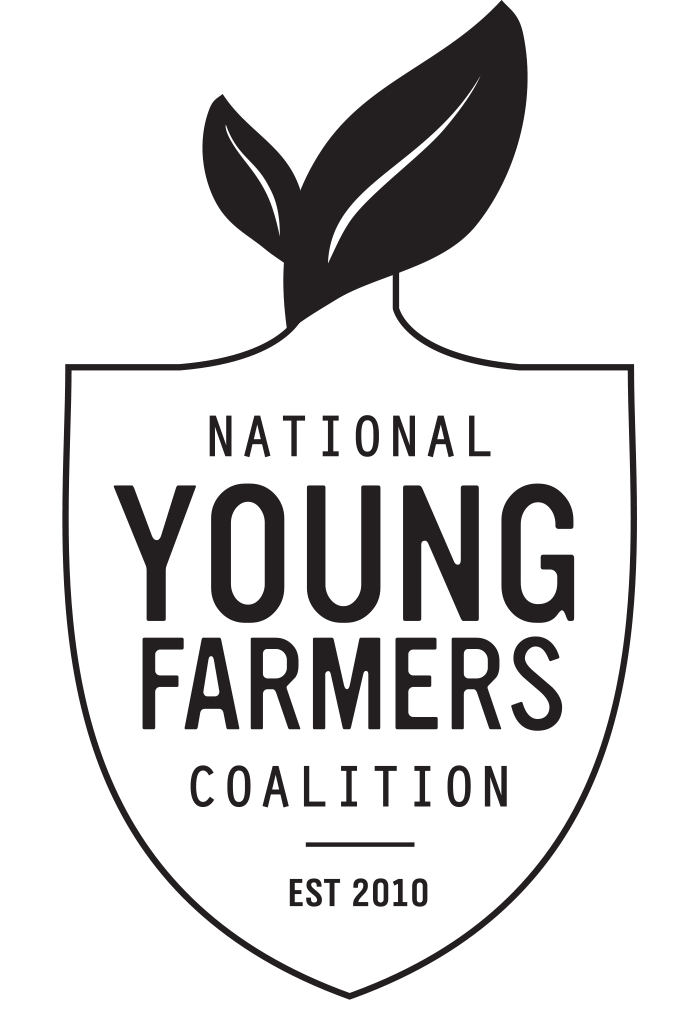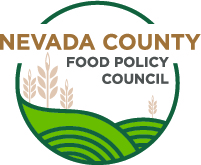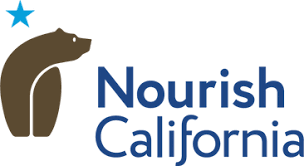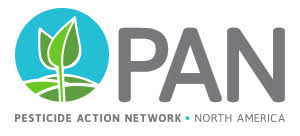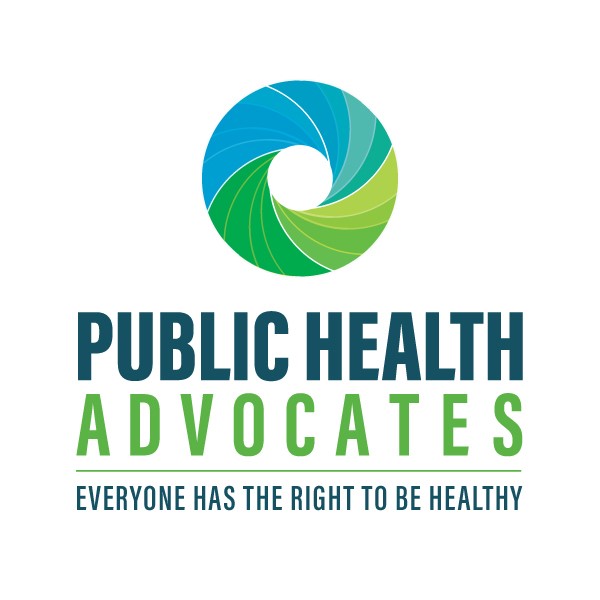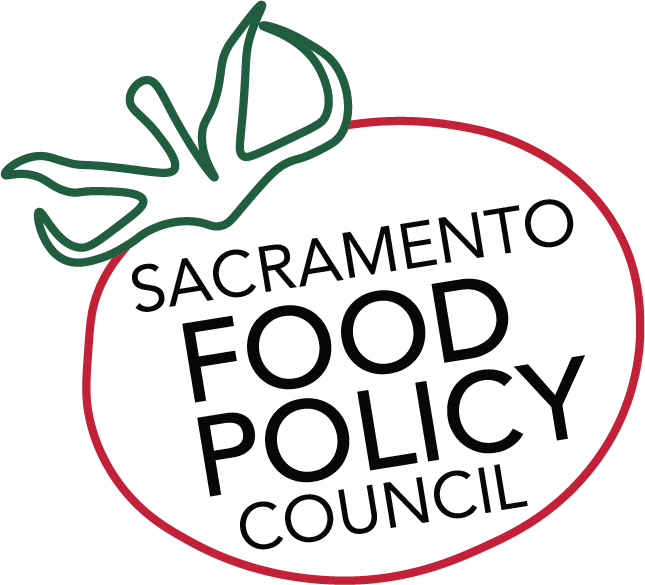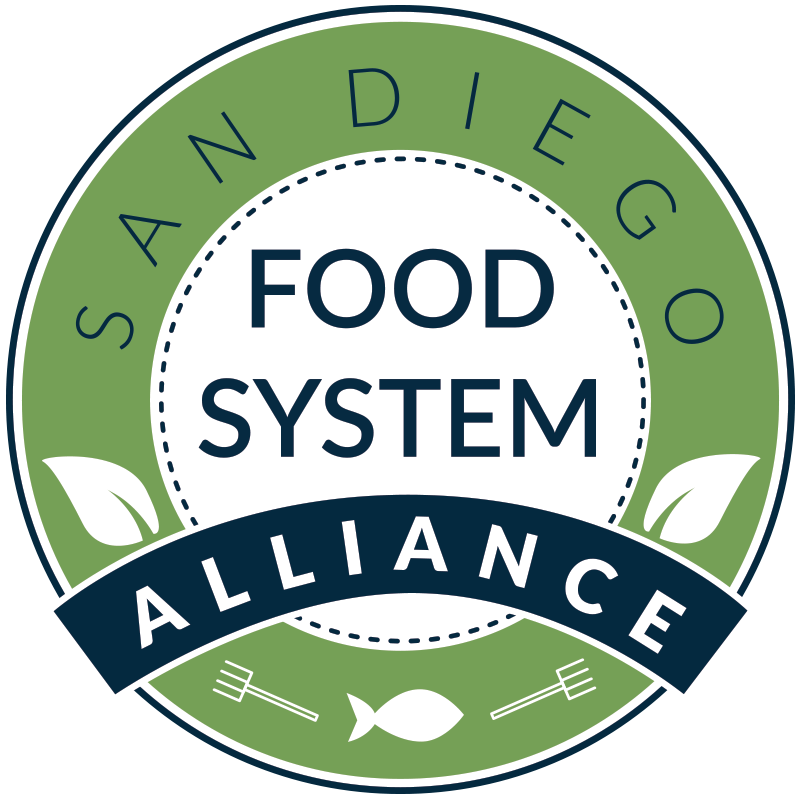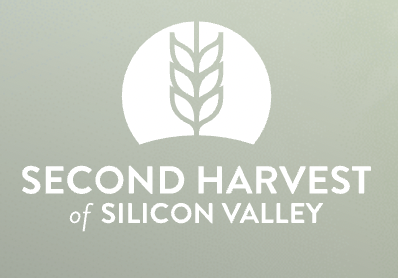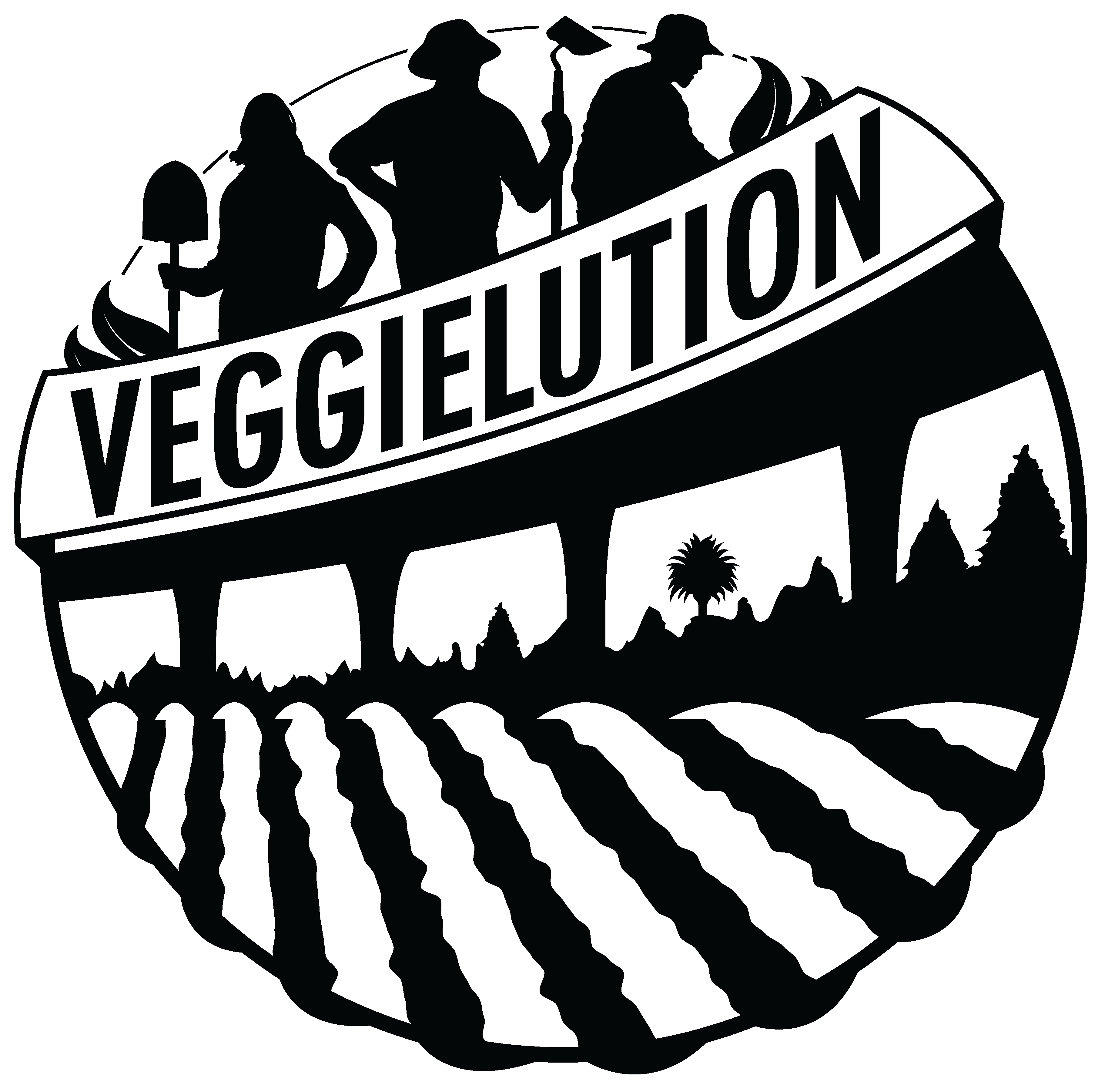CFFN members, representing the diversity of food & farming issues facing the state from hunger and nutrition to farmer livelihood and food chain worker protections, collectively identify policies important for the state’s food and farming system. Ten value-aligned pieces of legislation were then chosen by our grassroots leader’s Steering Council as priority legislation for the whole Network to focus more deeply on.
We ask Legislators to consider these pieces of legislation to ensure California’s policies contribute to the creation of an inclusive, equitable, and ecologically regenerative food and farming system that has recognized and repaired injustices to Black, Indigenous and people of color (BIPOC) workers, producers and communities, and which generates healthy, affordable, accessible, nutritious and culturally appropriate food and other agricultural products.
2023 Priority Food + Farm Legislation
Agroecological Farming
AB 652 (Lee) – Department of Pesticide Regulation Environmental Justice Advisory Council
Establishes an environmental justice advisory committee at the Department of Pesticide Regulation that will provide policy recommendations to the Department in order to reduce health disparities from pesticide exposure.
SB 675 (Limón) – Prescribed Grazing for Wildfire Mitigation
Institutionalizes support for prescribed grazing as a nature-based wildfire solution by integrating prescribed grazing outreach, infrastructure, and local and regional planning within existing wildfire prevention grant programs. The bill would also direct the state’s Wildfire and Forest Resilience Task Force to develop a plan to expand the use of prescribed grazing near communities.
Healthy Food Access
SB 245 (Hurtado) / AB 311 (Santiago) – Food4All
These (identical) bills extend food assistance benefits to households who are currently ineligible solely due to their immigration status to all ages. This builds on policy passed in 2021 that modernizes the California Food Assistance Program to provide food assistance benefits to households who are currently ineligible solely due to their immigration status and that received funding in FY 2022-23 budget for ages 55 and up.
SB 600 (Menjivar) – CalFresh Minimum Benefit Adequacy Act of 2023
Requires the California Department of Social Services to provide additional nutrition assistance to CalFresh participants, ensuring a minimum monthly benefit increase from $23 to $50.
SB 348 (Skinner)– Healthy Kids Meals
Strengthens California’s first-in-the-nation School Meals for All legislation by ensuring every school-aged child has access to two healthy meals every day, regardless of where they live or their family’s income; increases student access to lower-added sugar and sodium meal options; and provides students with adequate time to eat at school.
AB 1644 (Bonta) – Medically Supportive Food and Nutrition
Transitions medically supportive food and nutrition interventions from pilot services in CalAIM to covered Medi-Cal benefits.
Farmworker and Food Chain Worker Advancement
AB 853 (Maienschein)– Californians Right to Access Essential Goods and Services
Requires grocery or drug-retail companies to notify the California Attorney General’s 180-days in advance of finalizing a proposed merger or acquisition and submit an economic analysis report on the impact of the merger or acquisition on communities, such as food deserts, food prices, and access to food, supply of experienced grocery workers, unemployment, wages and benefits and more.
SB 227 (Durazo) – SafetyNet for All
Expands unemployment insurance to excluded workers, regardless of immigration status.
Regional Food Ecosystems
AB 408 (Wilson) Food & Agriculture Climate Resilience Bond
Puts a $3.3 billion bond measure in front of California voters to invest in programs and infrastructure to strengthen our food and farming system across agriculture, farmworkers, hunger, and regional food economies.
AB 552 (Bennett) – Farmer Equipment-Sharing Programs
Establishes a program at the Department of Conservation that would fund resource conservation districts, County agricultural commissioners, University of California Cooperative Extensions, tribal entities, and nonprofits serving small, socially-disadvantaged and/or limited resource farmers to run equipment sharing programs to make it easier for farmers to access the equipment needed to implement agroecological practices.
Support for Additional Food and Farming Issues
The following legislation was also chosen as important issues to support. Safety net programs, labor protections, building resilience for regional food systems, and supporting farmers to transition toward more agroecological practices are all necessary to achieve an equitable food and farming system.
AB 404 (Connolly) – Reporting Requirements for Organic Farmers
AB 405 (Connolly) – Streamlining Requirements for Organic Business
AB 647 (Holden) – Protect Grocery Workers Job Act
AB 679 (Wicks) – Food with Care
AB 712 (Carrillo) – CalFresh Hot & Prepared Foods
AB 870 (Arambula) – CalFresh Enrollment for College Students
AB 1178 (Luz Rivas) – Summer Meals for Caregivers
AB 1197 (Hart) – Local Food Producer
SB 553 (Cortese) – Workplace Violence Prevention
SB 725 (Smallwood-Cuevas) – Grocery Worker Safety Net
CFFN’s positions on legislation do not necessarily represent the positions of all of our members.

